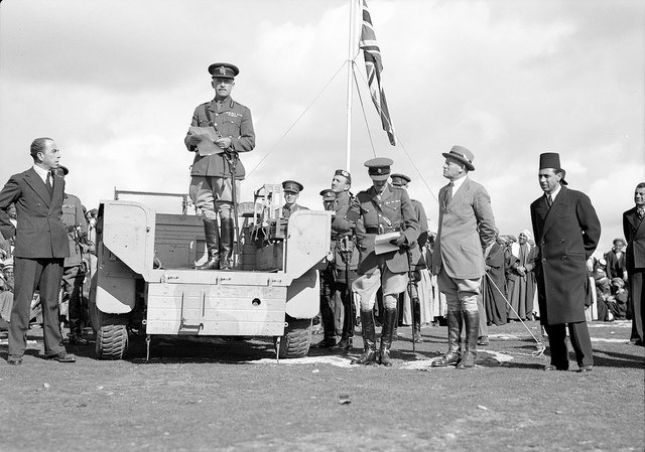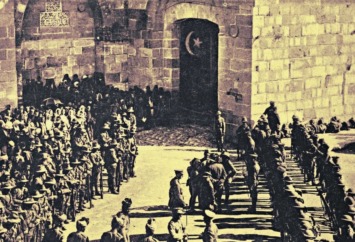In 1917, during World War I, the British government issued the Balfour Declaration, expressing support for the establishment of a “national home for the Jewish people” in Palestine. This was a turning point in the region’s history. The declaration was vague in its wording and did not explicitly mention the Arab population, leading to confusion and resentment among Palestinian Arabs.
Following the defeat of the Ottoman Empire in 1918, the League of Nations granted Britain control over Palestine under the British Mandate, with the responsibility of implementing the Balfour Declaration. During this period, Jewish immigration to Palestine increased dramatically, leading to rising tensions between the Jewish and Arab populations.
In the 1930s, as violence between Jews and Arabs escalated, the Arab Revolt (1936–1939) broke out. Palestinian Arabs rebelled against both British rule and the growing Jewish presence. The British responded with force, quelling the revolt but failing to address the underlying tensions. Jewish immigration continued to rise, particularly as Jews fled Europe during the rise of Nazi Germany.
By the late 1940s, the situation had become untenable. Britain, exhausted from World War II and unable to manage the violence between Jews and Arabs, decided to end its mandate and turn the issue over to the United Nations.




